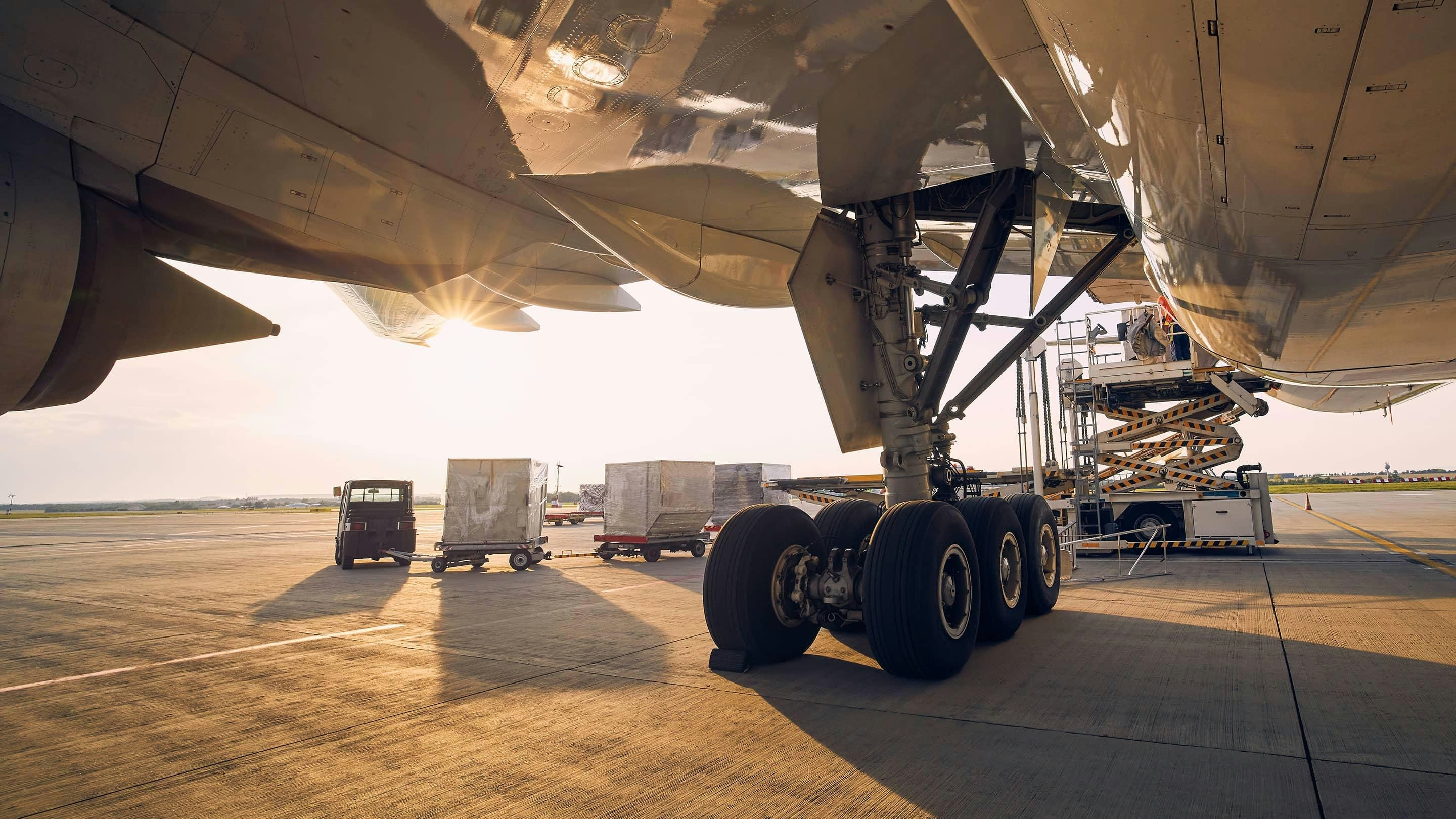AeroGenie — Your Intelligent Copilot.
Trending
Categories
Airlines Shift Approach to Innovation

Airlines Shift Focus Toward Holistic Innovation
Airlines are undergoing a strategic transformation in their approach to innovation, moving beyond traditional investments in aviation hardware such as new aircraft designs, alternative fuels, and cabin interiors. Increasingly, corporate venture capital teams (CVCs) within airlines are tasked with enhancing the broader customer journey, aiming to make airlines more relevant throughout the entire travel experience rather than solely during the flight.
Expanding the Airline Role in Travel
This evolving mindset is captured by one airline venture team’s reflection: “Everybody on our plane is going somewhere to do something, so why shouldn’t we have some stake in what these folks are doing when they get off the plane?” The statement underscores a growing awareness that airlines currently capture only a small fraction of total travel expenditure. While hotels, ride-share services, and destination providers benefit from larger profit margins, airlines—despite managing the most logistically complex segment of travel—often operate with the thinnest margins.
To address this imbalance, airline CVCs are increasingly drawing inspiration from the hospitality sector, particularly in how hotels manage the guest experience from booking through post-stay. The hospitality industry’s emphasis on the entire customer lifecycle, supported by integrated technology platforms, offers a compelling model for airlines seeking to extend their relevance beyond the flight itself. Recent data highlights this potential: 65% of hoteliers believe that faster, fully integrated systems could unlock at least 6% more annual revenue, demonstrating the significant impact that innovation in connectivity and technology adoption can have on industry performance.
Leveraging Emerging Technologies
Generative artificial intelligence (gen AI) exemplifies this cross-industry learning. Hotels are employing multi-modal conversational AI tools to enhance guest engagement, addressing pre-stay inquiries, upselling services, and personalizing in-stay experiences. These technologies also enable more targeted marketing efforts and increased direct bookings. Airlines stand to benefit from adopting similar AI-driven solutions to assist travelers in finding optimal fares, navigating airports more efficiently, and maximizing loyalty program benefits.
Challenges and Competitive Dynamics
Despite the promise of these innovations, airlines face considerable challenges in integrating new technologies into legacy systems, managing the costs associated with innovation, and ensuring compliance with regulatory frameworks. The market response may include intensified competition as airlines strive to offer more technologically advanced services, shifts in consumer preferences, and potential fluctuations in stock prices influenced by perceptions of innovation capability. Competitors are expected to respond by adopting comparable strategies or investing in complementary technologies to maintain their competitive edge.
As airlines and their corporate venture capital teams seek to reinvent their roles, the lessons drawn from hospitality and the potential of emerging technologies are shaping a new era of innovation in aviation. The overarching objective is to transform airlines from mere transport providers into integral partners throughout the entire travel journey.

Emirates Unveils Cabin Design for New Boeing 777X

Eighteen Years On, the Airbus A380 Remains Central to a $34 Billion Airline

How a boom in luxury airline seats is slowing down jet deliveries

Navitaire Outage Attributed to Planned Maintenance

DigiYatra Debuts Outside Aviation at India AI Impact Summit

Vietnam Orders Strengthen Boeing’s Commercial Outlook

Airbus Signals Uncertainty Over Future A400M Orders

JobsOhio Awards $2 Million Grant to Hartzell Propeller for Innovation Center

Collins Aerospace Tests Sidekick Autonomy Software on YFQ-42A for U.S. Air Force CCA Program

How the Airbus A350-1000 Compares to the Boeing 777
